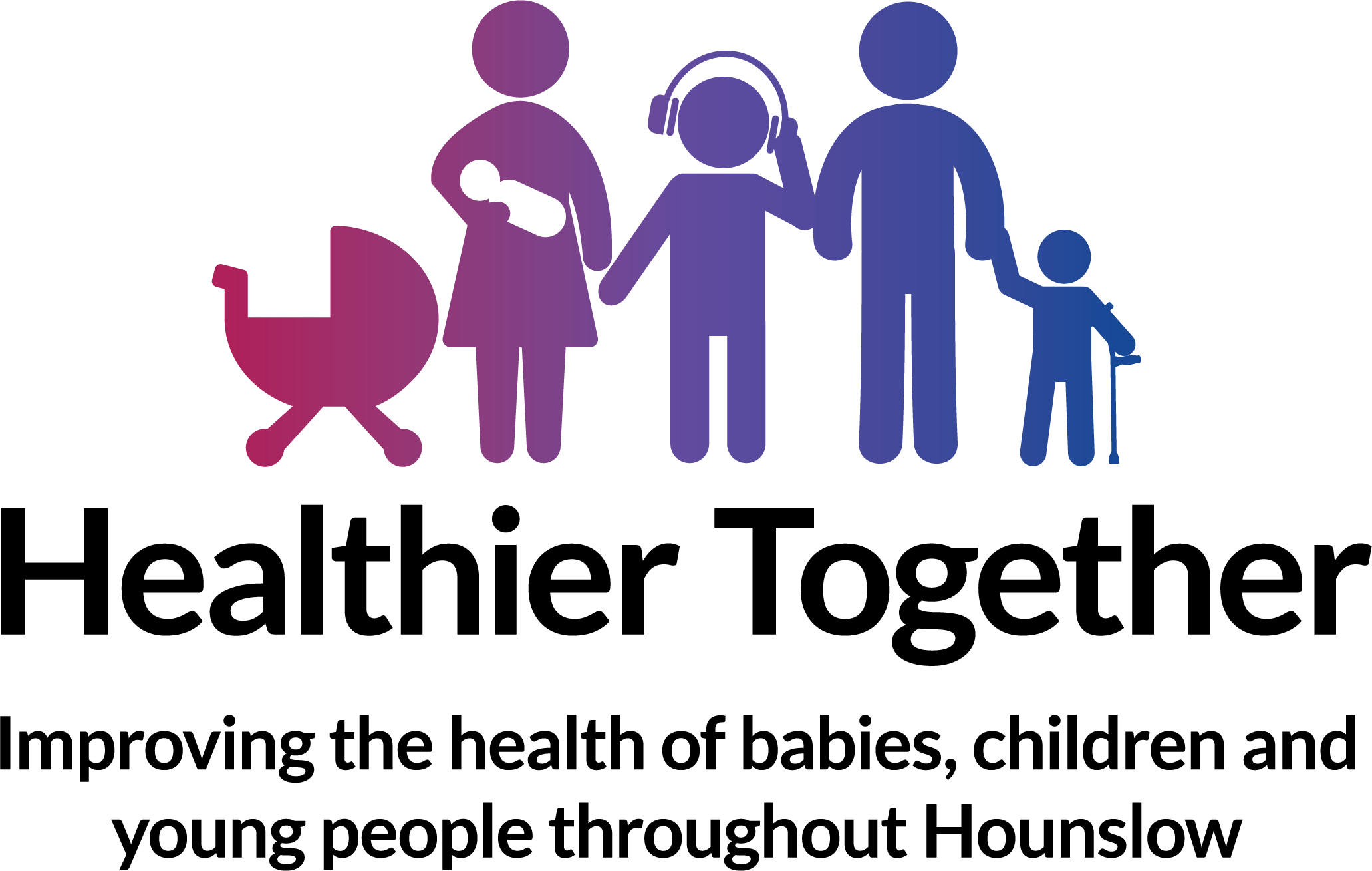There are a variety of reasons why your baby could be constipated, including a lack of fluids (dehydration). There are various reasons why your baby may not be getting enough fluids – it could be down to illness. Lack of fluids can make your baby's poo harder and more difficult to push out.
My baby is constipated
Constipation is when your baby’s poo becomes hard and becomes difficult to pass. They may go several days without passing poo, their poos may look like firm dry pellets that do not soak into their nappy and they may become very unsettled. Fortunately, constipation is usually easy to treat at home. Your baby is not constipated if their poo is soft, even if they have not had a dirty nappy for 1 or 2 days.
There's no 'normal' when it comes to how often babies poo. Breastfed babies rarely get constipated because breast milk contains a natural laxative. They tend to have yellow-colored seedy poos that are often quite soft. Newborn breastfed babies may poo after every feed. Older breastfed babies may go up to a week without pooing. Formula-fed babies tend to have bulkier poos and generally go several times a day; this reduces as they get older. You'll quickly get used to your baby's bowel movements, so you'll be able to tell what's normal for them.
If you are formula feeding, make sure you use the correct number of scoops of formula to water according to the packaging. Click here for more information about bottle feeding.
It is normal for babies to strain and look like they are trying to poo more often. This is not usually a sign of constipation but just them getting used to the feeling of poo/wind forming and moving through their bowel.
Constipation - Breastfeeding challenges - Start for Life - NHS (www.nhs.uk)
Common questions about newborn baby poo | Baby & toddler articles & support | NCT
Constipation in babies: Q&A | Baby & toddler, Your baby’s health articles & support | NCT
In general, babies with constipation can be managed by increasing the fluid in their diet. However, a small number of babies become constipated due to an underlying medical condition.
Here are some tips on helping relieve constipation at home:
- Lie your baby down and gently move their legs like they're riding a bicycle – this can help get things moving. If your baby is happy lying down, give them a gentle tummy massage
- If your baby is bottle-fed, try giving them some extra water (cool boiled or sterile water) between some of their feeds
- Breastfed babies do not need extra water but should be offered additional breastfeeds instead
It may take a few days to get things moving again, but if things do not improve, speak to your health visitor or GP to double check that it's not being caused by any underlying medical conditions.


